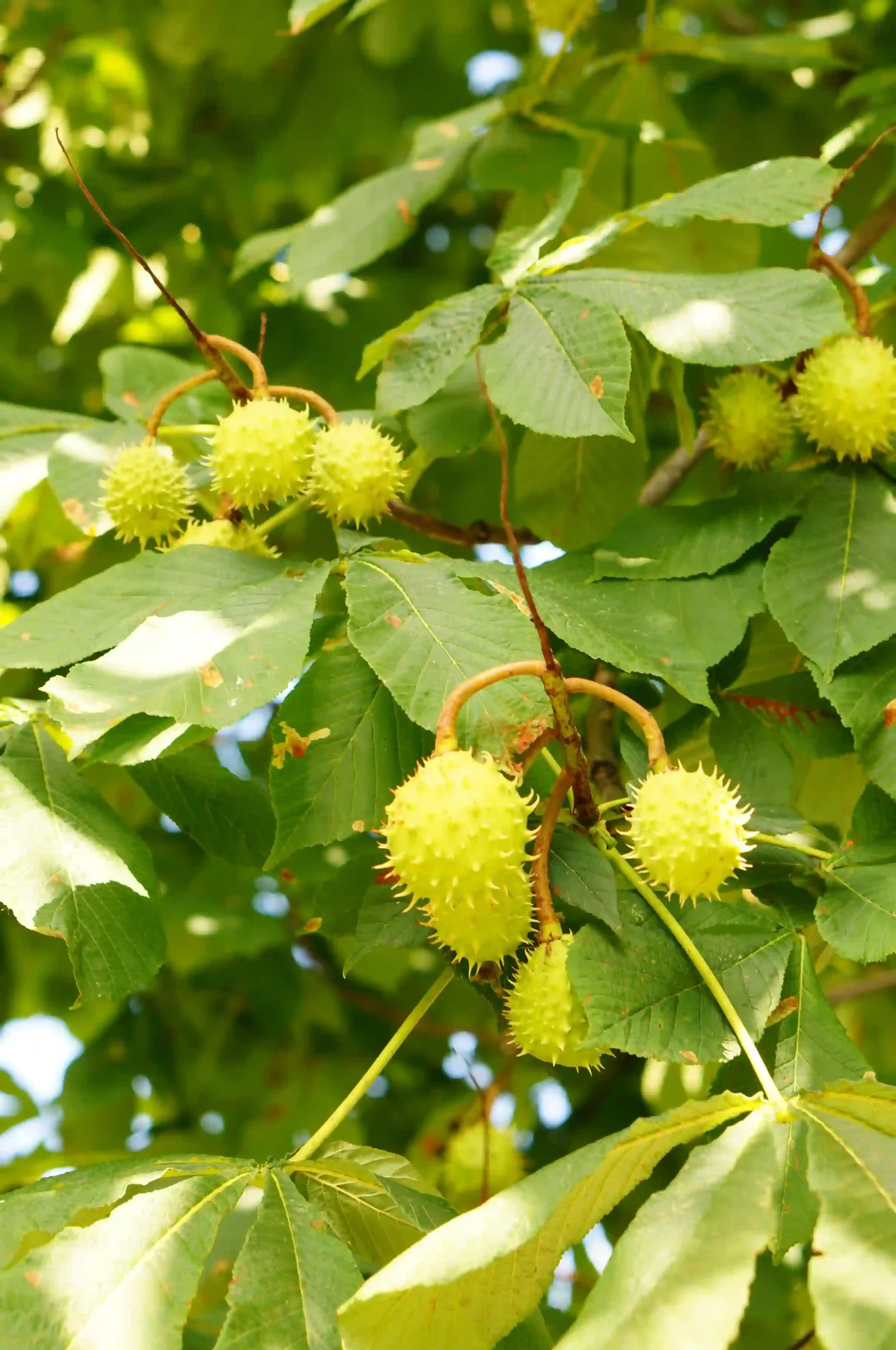Exploring the Potential of Caralluma Fimbriata Extract in Combating Obesity-Related Cardiovascular Risks
Obesity has long been recognized as a significant risk factor for cardiovascular diseases (CVDs), primarily due to its detrimental effects on vascular function. As the search for effective and safe interventions continues, natural products have gained increasing attention in clinical settings, owing to their high efficacy and low toxicity profiles. One such promising natural extract is derived from Caralluma fimbriata, a succulent plant traditionally used in Indian medicine.
Recent research has shed light on the potential of Caralluma fimbriata extract (CFE) in controlling appetite and promoting weight loss. However, its impact on vascular function remained largely unexplored until now. A groundbreaking study set out to investigate the effects of CFE on weight loss and vascular function in mice fed a high-fat diet (HFD) to induce obesity. The researchers also compared CFE’s efficacy to that of lorcaserin (LOR), a pharmaceutical anti-obesity treatment.
The study utilized 80 male C57BL/6J mice, which were subjected to a 16-week high-fat diet to induce obesity. Following this period, the mice were treated with CFE and LOR, both as standalone treatments and in combination. The researchers meticulously measured various parameters, including body composition data such as weight gain and fat mass content. They also conducted isometric tension analyses on isolated abdominal aortic rings to assess relaxation responses to acetylcholine. Additionally, immunohistochemistry studies were performed to evaluate the expression profiles of endothelial nitric oxide synthase (eNOS) and cell stress markers, specifically nitrotyrosine (NT) and 78 kDa glucose-regulated protein (GRP78), in different layers of the aortic rings.
The results of this comprehensive study were nothing short of remarkable. Treatment with CFE alone and in combination with LOR led to significant reductions in weight gain (17% and 24%, respectively) and fat mass deposition (14% and 16%, respectively). These findings underscore the potential of CFE as a natural weight loss aid, either on its own or as a complementary treatment to pharmaceutical interventions.
Perhaps even more intriguing were the effects observed on vascular function. The high-fat diet had markedly reduced acetylcholine-mediated relaxation and eNOS expression while significantly increasing the expression of stress markers NT and GRP78. However, obese mice treated with CFE exhibited significantly improved acetylcholine-induced relaxation responses, increased eNOS expression, and reduced NT and GRP78 expression. These results suggest that CFE not only aids in weight loss but also has a protective effect on vascular function, potentially mitigating the cardiovascular risks associated with obesity.
The implications of this study are far-reaching. The findings suggest that CFE, either alone or in combination with pharmaceutical treatments like lorcaserin, could serve as an alternative strategy for preventing obesity-related cardiovascular diseases. This natural extract appears to offer a multi-faceted approach to tackling obesity and its associated health risks, addressing both weight management and vascular health simultaneously.
Commentary by YourDailyFit columnist Alice Winters:

The research on Caralluma fimbriata extract (CFE) presents a compelling case for its potential as a natural supplement in the fight against obesity and related cardiovascular risks. As a health product commentator, I find several aspects of this study particularly noteworthy and worthy of further discussion.
Firstly, the dual action of CFE in both promoting weight loss and improving vascular function is a significant finding. Many weight loss supplements focus solely on fat reduction, often neglecting the broader health implications of obesity. CFE’s ability to address both issues simultaneously could position it as a more holistic approach to obesity management.
The comparison with lorcaserin, a pharmaceutical anti-obesity treatment, is particularly interesting. The fact that CFE showed comparable, and in some cases superior, effects to a prescription medication underscores its potential as a natural alternative. This could be especially appealing to consumers who are wary of pharmaceutical side effects or seeking more natural solutions.
However, it’s crucial to note that this study was conducted on mice, and human trials would be necessary to confirm these effects in people. The translation of animal studies to human outcomes is not always straightforward, and this is a critical consideration for consumers and healthcare providers alike.
The study’s focus on vascular function markers like eNOS, NT, and GRP78 adds a layer of scientific rigor that is often lacking in supplement research. This attention to molecular mechanisms provides valuable insights into how CFE might be working at a cellular level, which could pave the way for further research and potentially new applications.
From a market perspective, CFE could find a significant niche in the ever-growing weight management and heart health sectors. Its natural origin aligns well with current consumer trends towards plant-based and “clean label” products. However, successful commercialization would depend on factors such as sustainable sourcing, standardization of the extract, and thorough safety profiling.
It’s also worth considering the potential synergistic effects observed when CFE was combined with lorcaserin. This opens up possibilities for combination products or complementary therapies, which could be an exciting avenue for both the supplement and pharmaceutical industries.
In terms of consumer application, the apparent lack of reported side effects is promising, but long-term safety studies in humans would be crucial before widespread use could be recommended. Additionally, the optimal dosage for humans would need to be determined through clinical trials.
While this research is undoubtedly exciting, it’s important to maintain a balanced perspective. CFE should not be viewed as a magic bullet for obesity and cardiovascular health. A holistic approach including a balanced diet, regular exercise, and overall lifestyle management remains crucial.
In conclusion, Caralluma fimbriata extract shows promise as a multifaceted natural supplement for weight management and cardiovascular health. Its potential to address both weight loss and vascular function improvement sets it apart in the crowded supplement market. However, as with any emerging supplement, further research, particularly human clinical trials, will be critical in fully understanding its benefits, optimal use, and any potential long-term effects. As the scientific community continues to explore natural solutions for complex health issues, CFE stands out as a compound worthy of continued investigation and cautious optimism.



